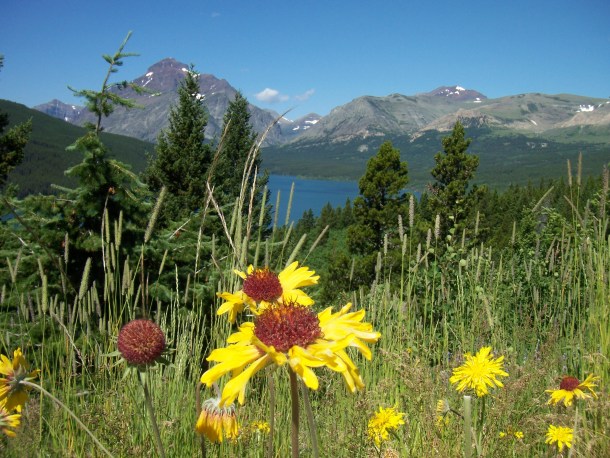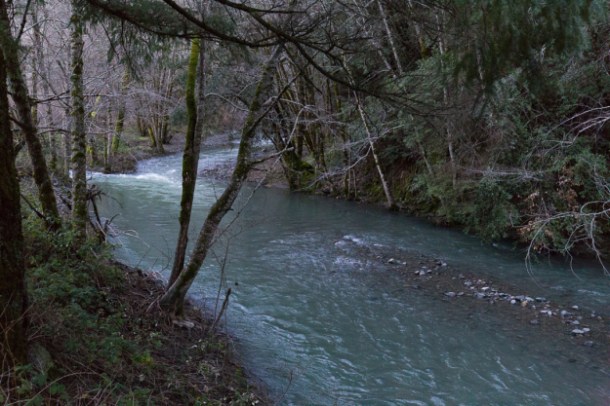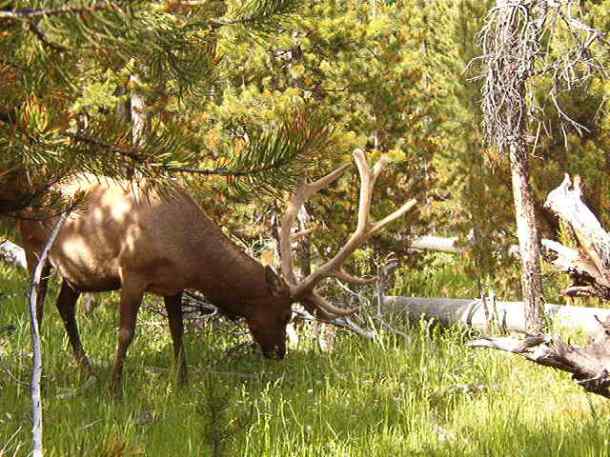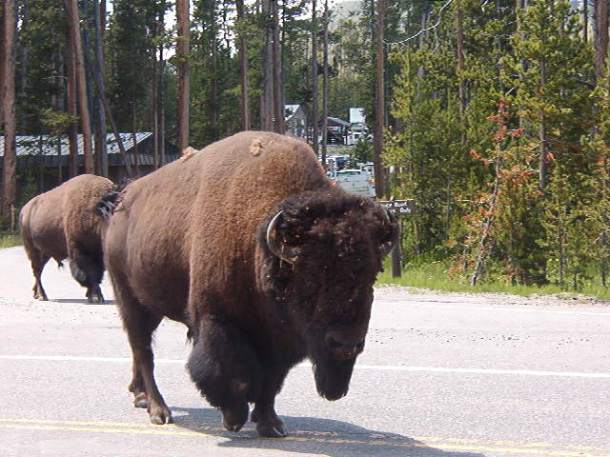via Quote: I looked in temples, churches and mosques…-Rumi
George is a prodigous blogger, sharing poetry, quotes like this one, and video clips of many of my favourite performers e.g. Leonard Cohen, Nina Simone, Neil Young, etc.
As Rumi suggests, we should look inwards to find the divine as we enter the New Year. Here are words from Mary Oliver to bid farewell to 2019 and usher in 2020:
This is, I think, what holiness is:
The natural world, where every moment is full of
the passion to keep moving
Inside every mind there’s a hermit’s cave full of light,
full of snow, full of concentration
I’ve knelt there, and so have you,
hanging on to what you love, to what is lovely.
Inside each of us there is “a hermit’s cave full of light” where we can be thankful for whato is in our lives and what they each bring into our lives. Take care, enjoy, and be safe as we continue the journey.

I know I shared this picture previously, but it serves to remind me the most important person in my life and memories we share with each other.










